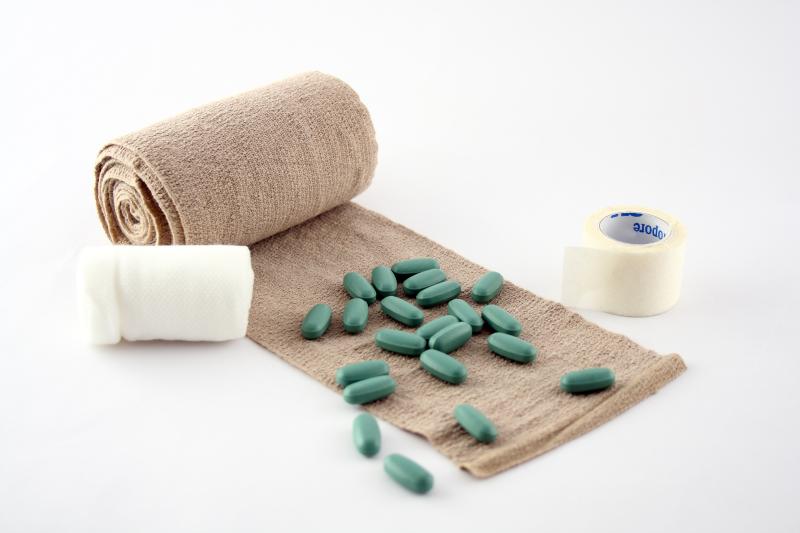
Patients with immune checkpoint inhibitor-related colitis (irAE-colitis) may benefit from steroid therapy, suggests a study, adding however that some cases of early relapse has occurred.
A total of 676 patients received immune checkpoint inhibitors, of whom nine developed irAE-colitis and were included in the analysis. Effectiveness was defined as follows: a decrease of ≥3 points in a Mayo endoscopic subscore, 0 or 1 point in a rectal bleeding score, and ≥2 points in a Mayo clinical score. Of the patients (five males, four females), five had lung cancer, one renal cancer, one head-and-neck cancer, one melanoma, and one gastric cancer. Six patients used pembrolizumab and three nivolumab.
After irAE-colitis onset, six patients were treated with steroids, while the remaining three patients received mesalazine, infliximab and cyclosporine, respectively. Steroids were effective in five of six patients, but two of them relapsed during steroid tapering. Nevertheless, both improved with steroid readministration.
For the lone patient where steroids were ineffective, infliximab was used instead. The patient’s condition improved temporarily, but secondary failure occurred. Cyclosporine was given as an alternative, and it proved to be effective. Unfortunately, one patient died due to severe diarrhoea prior to treatment intervention. All participants discontinued immune checkpoint inhibitors.
“At the time of writing, six patients are still alive after improvement of abdominal symptoms, the authors said. “Prospective studies are required to define the optimal management of irAE-colitis in order to maintain positive long-term outcomes.”
IrAE-colitis occurs in about 1–20 percent of cancer patients treated with immune checkpoint inhibitors.